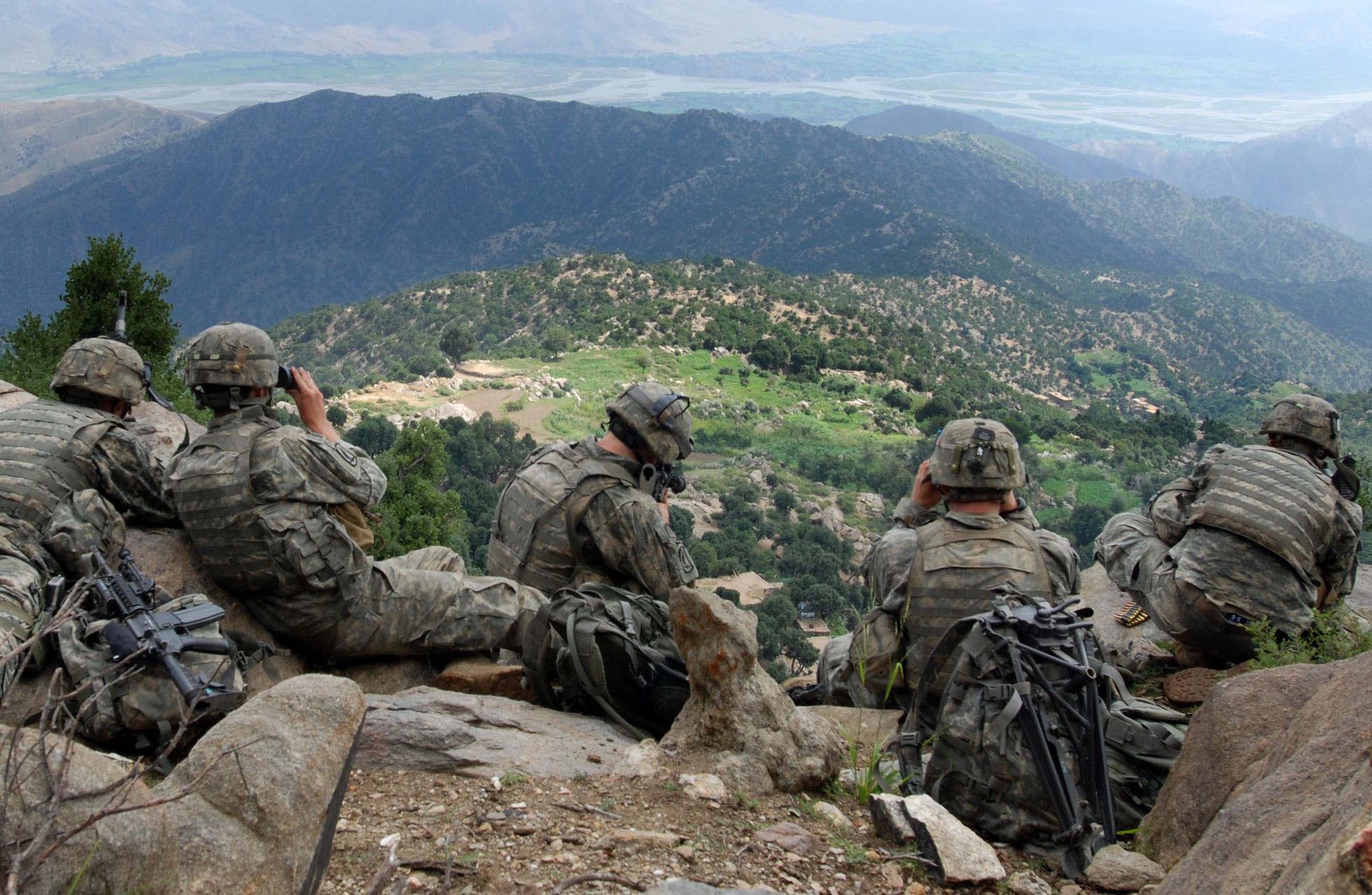But Seriously, Let’s Go
 It’s official. The war that has topped headlines for half of my life is officially being drawn down, and within a few more years, it will probably be over. I am talking, of course, about the war in Afghanistan.
A few days ago, shortly before a NATO summit, United States Defense Secretary Leon Panetta announced a new plan to have US troops play only an “enabling” role in the country by mid-2013 – a sharp contrast to the earlier “Lisbon strategy,” which had planned to end the combat mission at the end of 2014. About 130,000 American and Coalition forces are still deployed in Afghanistan, but we can expect that number to go down markedly within the next year or so.
It’s official. The war that has topped headlines for half of my life is officially being drawn down, and within a few more years, it will probably be over. I am talking, of course, about the war in Afghanistan.
A few days ago, shortly before a NATO summit, United States Defense Secretary Leon Panetta announced a new plan to have US troops play only an “enabling” role in the country by mid-2013 – a sharp contrast to the earlier “Lisbon strategy,” which had planned to end the combat mission at the end of 2014. About 130,000 American and Coalition forces are still deployed in Afghanistan, but we can expect that number to go down markedly within the next year or so.
This announcement has been met with jubilation on the left and criticism on the right. Are we not giving the Taliban and other terrorist groups an exact date at which they can descend from the hills and lay waste to Afghanistan once more? Is President Obama giving up on Afghanistan, cutting and running while thinking of nothing but November?
The answer to the first question is, unhappily, “maybe.” The answer to the second question, however, is most definitely “no.”
The sad fact is that in a state such as Afghanistan, instability is going to be a part of life, with or without America. It is true that there continue to be several extremist groups (such as the Haqqani Network and the Taliban) who have the capacity to cause great misery in the absence of the American-led coalition. However, these groups have been active all throughout the occupation and have been able to attack Afghan civilians and American facilities even in the capital city of Kabul. The Afghan army and police will have to learn to deal with these problems on their own eventually, and even after mid-2013 they will still have American trainers and advisors. Ripping off the band-aid will hurt, but it is inevitable for Afghanistan to go through this transition. From the American point of view, we need this change in Afghanistan to come sooner rather than later.
The war cost us around $119 billion last year alone, and after a decade of war, many suspect that it is no longer worth it to shell out so many billions for decidedly mixed results. Additionally, after decimating Al-Qaeda’s top leadership and finally taking out Osama bin Laden, the War on Terror seems to be heading for solid victory (if there ever can be a victory in such a war). There has not been a successful major attack on American soil for a decade now, and with the economy ailing, there is no better time to give the new Afghanistan a chance to stand on its own two feet.
America has helped Afghanistan make great progress over the past ten years. Millions more children are now attending school, and millions of those children are girls. Although flawed and corrupt, the new government in Afghanistan has democratic legitimacy. The dream of a truly stable, democratic Afghanistan – like that of a stable, democratic Iraq – has remained elusive. But change will never come to Afghanistan if we insist on maintaining the status quo forever. Many uncertainties lay in the road ahead for Afghanistan, and the United States will be there to help guide it. The ultimate future, however, has always been in the hands of the Afghan people. In the long run, the Obama administration’s new plan for Afghanistan will be best for both nations.
